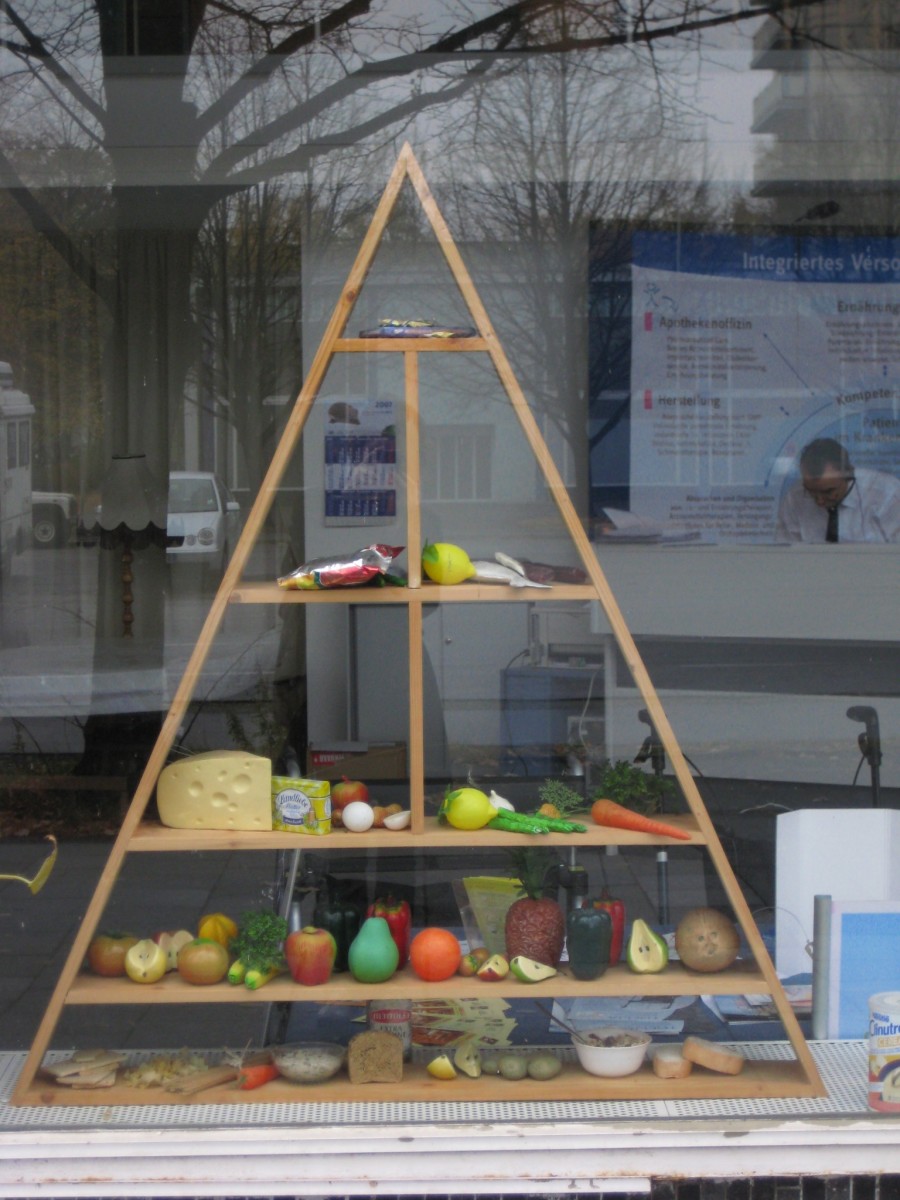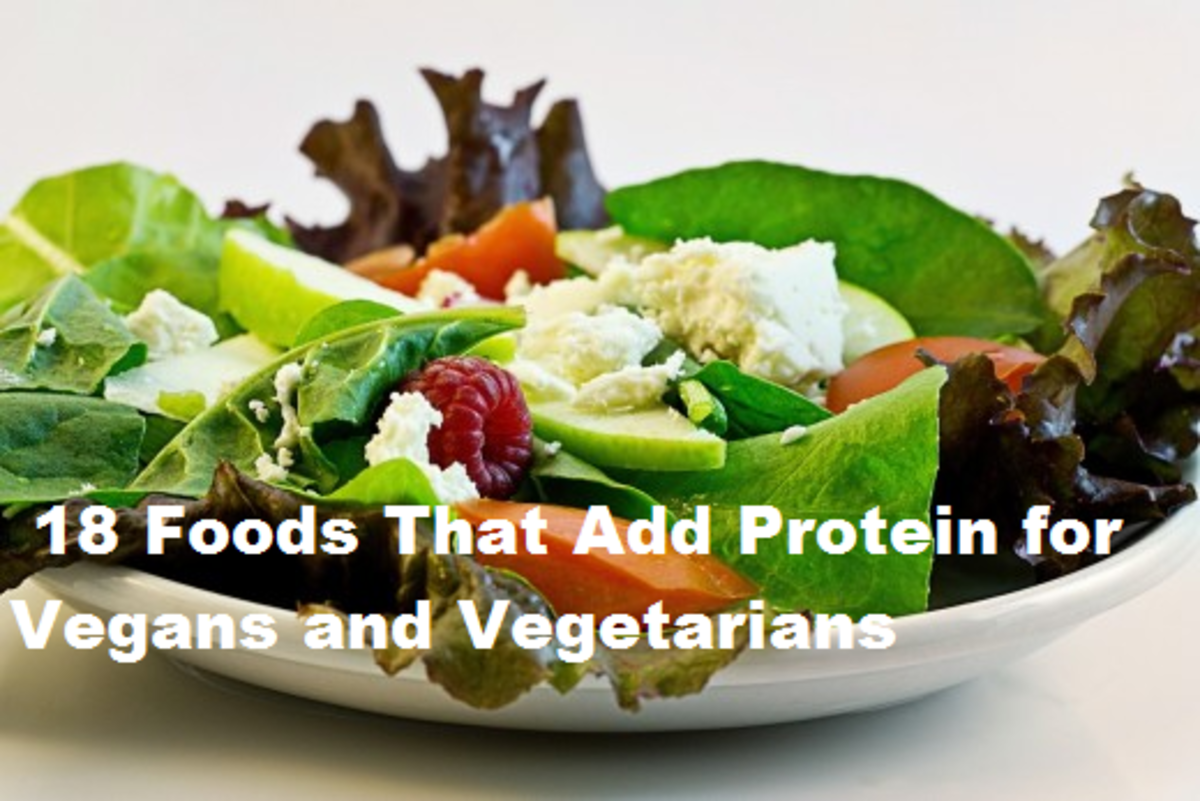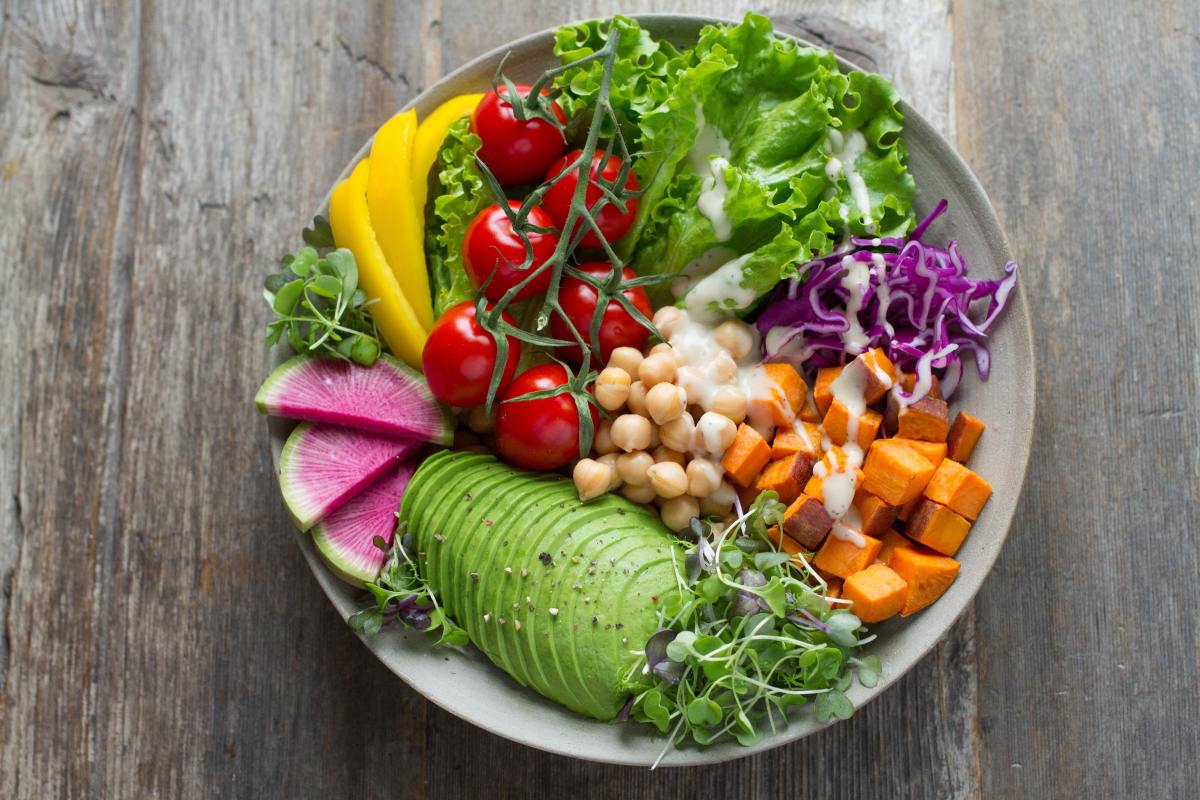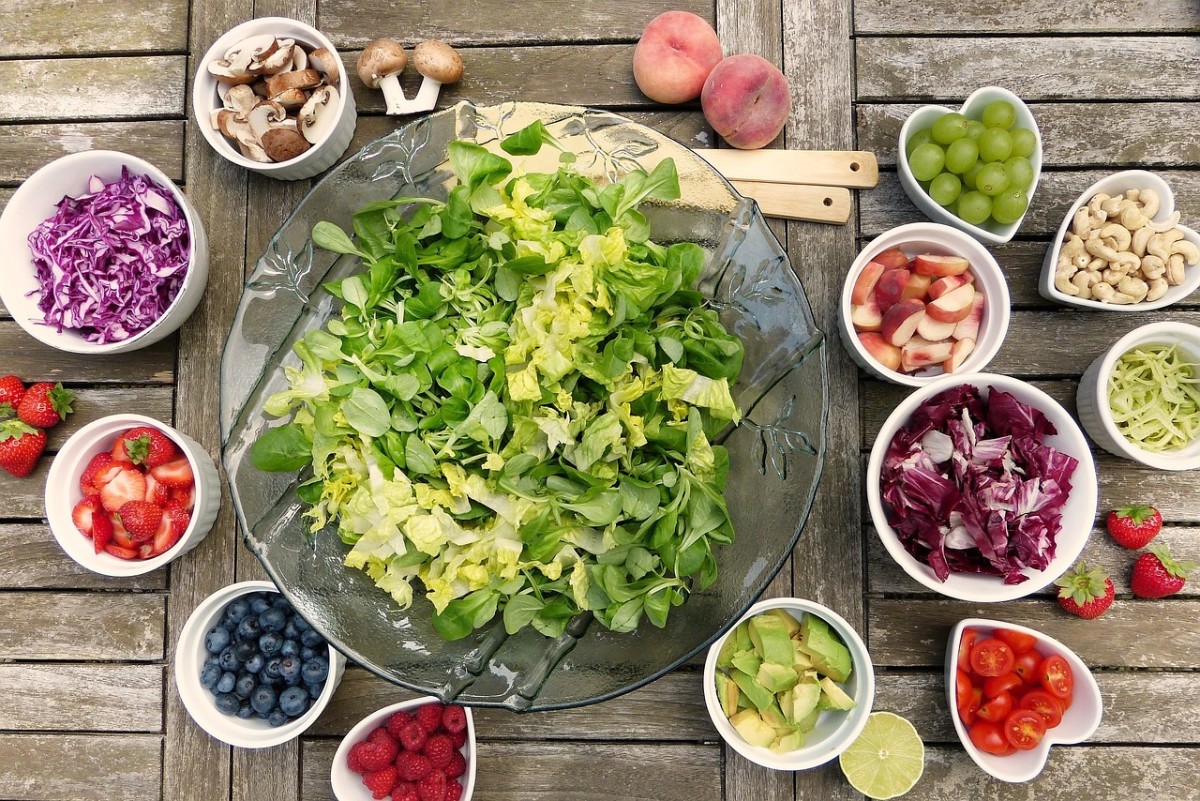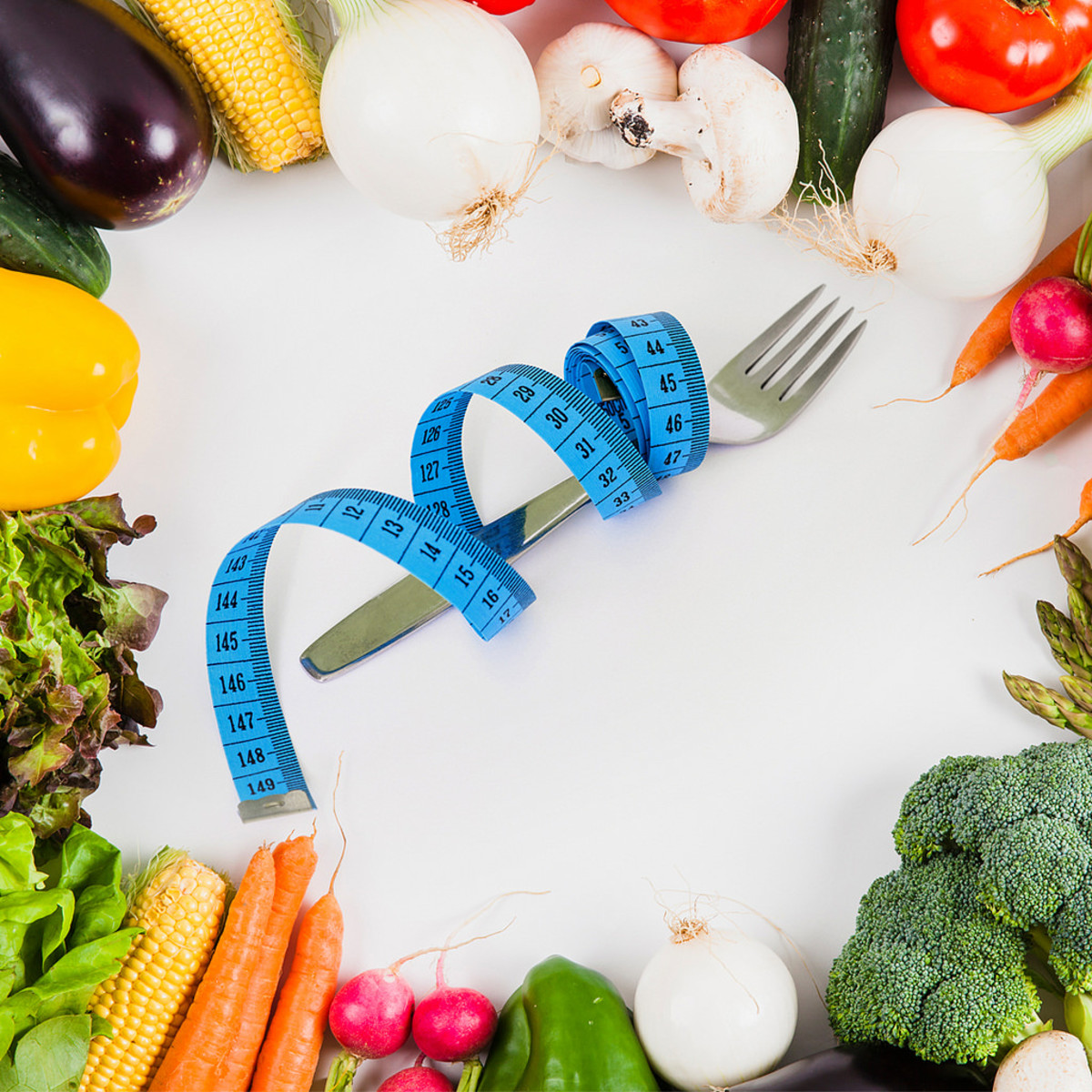The Diet Debate
Are you aware of the impact your diet is having on the environment?
Sustainability, it’s a word that all of us have started getting used to, some more than others. People all around the world are getting more and more aware of the impacts of all of their activities on the environment. International organizations like the United Nations have given out Sustainable development Goals or the SDGs which focus on 17 parameters to change the direction of global growth towards a more sustainable direction.
Let's talk about food. What impact does your food have on the environment and how consumers are making conscious decisions towards reducing the carbon footprint of their diets?

The Diet Conflict
Most of you must be aware of the various new diet styles that have emerged recently that either completely shuns away from any animal-based products or other diets that seem to consist of a little more than recommended amounts of meats and other animal products. If you could take a guess, then yes I'm talking about the vegan and western diet styles.
These two diets styles are as conflicting as a party and a funeral. One completely supports animal-based foods and the other frowns upon it.
But which one is the right choice?
Or is there even a right choice?
Is there any middle ground in this diet debate?
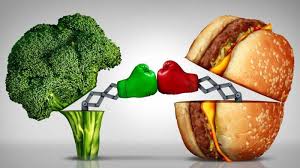
The Wide Range of Diets that are out there
Are you aware of the many choices of diet styles that exist? Fun fact the vegetarian diet in itself contains up to 4 sub diet categories!
Find out about all these diet styles down below
1] The Vegan Diet
Vegan diets are getting more and more famous these days and people from many countries are following this trend. Since 2017, Australia has been the most popular country for vegans. Vegan diets only contain foods that come from plants like vegetables, nuts, cereals, pulses, etc. These diets exclude any food that is sourced from animals including eggs and basic dairy products like milk.
Getting the right nutrients in the right quantity can take a little more effort in case of a vegan diet. Plant-based foods are not always rich in "all" the essential nutrients, hence vegans are usually advised to have a nice variety of food on their plates, which should contain cereals like wheat and rice, pulses, nuts, and of course lots of fruits and vegetables.
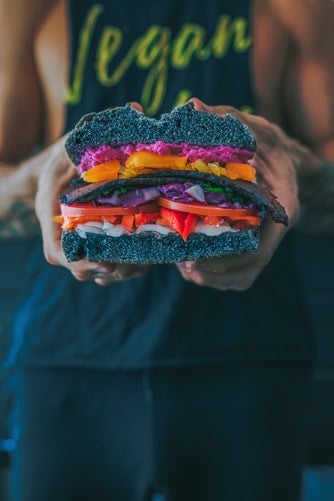
The vegan diet has gained much popularity. Increasingly more people have decided to go vegan for ethical, environmental, or health reasons. Even if this diet has some issues when it comes to getting the complete set of nutrients if taken correctly this diet has a number of health benefits and can do wonders for your health. More and more vegan food outlets and vegan food processing factories are opening up to catch up with this growing trend.
2] Vegetarian Diet
The Vegetarian diet is a very largely accepted one in many parts of the world. With nearly 38% of the population being vegetarian, India ranks top in the list of countries by vegetarianism rates. When people think about a vegetarian diet, they typically think about a diet that doesn't include meat, poultry, or fish. But vegetarian diets vary in what foods they include and exclude:
- Lacto-vegetarian diets exclude meat, fish, poultry, and eggs, as well as foods that contain them. Dairy products, such as milk, cheese, yogurt, and butter, are included.
- Ovo-vegetarian diets exclude meat, poultry, seafood, and dairy products, but allow eggs.
- Lacto-Ovo vegetarian diets exclude meat, fish, and poultry, but allow dairy products and eggs.
- Pescatarian diets exclude meat and poultry, dairy, and eggs, but allow fish.
From the above categories, it is evident that the vegetarian diet can be quite flexible and is majorly influenced by an individual's surroundings and personal choices. In places like Bangladesh and Kolkata in India, the people majorly follow a Pescatarian diet due to the high availability of fish. This is a classic example of diets being influenced by geography.
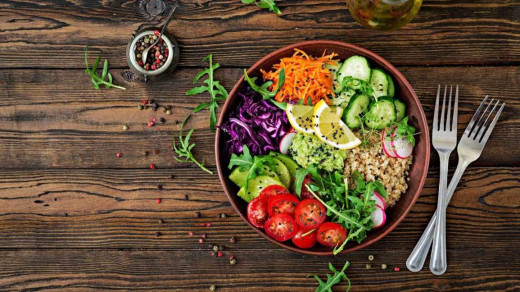
Vegetarian diets like a Vegan Diet are very good for health and in a way, these diets are better in a way because it is easier to get nutrition from a vegetarian diet which does not exclude dairy products like Milk and it's derived products. Animal milk is easily available and cheaper in comparison to its vegan alternatives. The followers of vegetarian diets are on an increase, this shift can be related to the building awareness among people about the ill impacts of a meat-based diet.
It is also important for consumers to note that vegetarian diets will not give the same health benefits if they are sourced from processed food that is rich in sodium and sugars. Thus a healthy vegetarian diet must consist of fresh fruits and vegetables and good quantities of other plant-derived products as well as dairy products.
3] Non-vegetarian Diets:
A non-vegetarian diet includes chicken, meat, eggs, and fish. The impact of such a diet is quite good for health because this type of food is rich in protein and vitamin B. Non-vegetarian food strengthens our muscles and helps them grow faster. It also helps to maintain body stamina and hemoglobin. That is when it is consumed like any other diet should be, in a balanced manner. But as countries are developing, the western diet culture is getting adapted by its people. These urban or western diets come with excess calories, trans fats, sodium, and sugars which contribute to an unhealthy lifestyle and enhance the risk of Obesity and diseases like Type-II Diabetes and CHDs.
As Nutritionally good this diet is when consumed aptly, on the other hand, its impacts on the environment are contrastingly bad. There has been a huge growth in livestock farming due to increased demands.
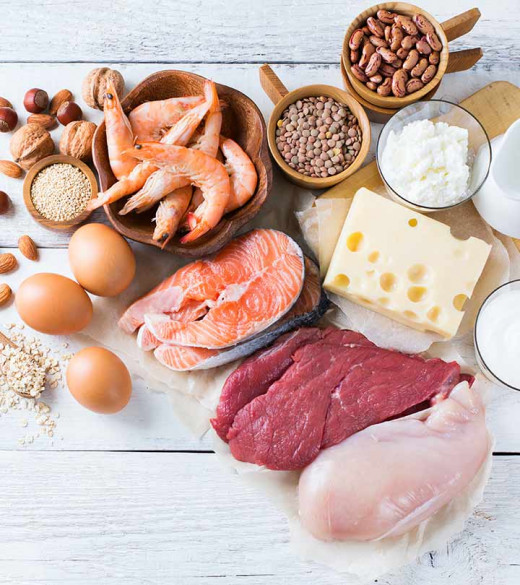
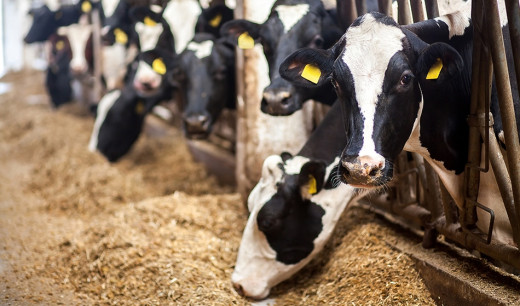
Livestock farming has been a significant source of GHG emissions. This is because this industry increases the GHGs in the environment in three ways.
1] The first is the reduction in forests. Now you must be wondering how livestock can result in forest depletion? Well, livestock farming requires huge amounts of feed and water. It was calculated that around 85% of global soybean production is converted to animal feed. This requirement for the feed puts pressure on the agricultural land and also leads to the clearing of forests to provide more land for agriculture.
2] The second is through direct methane production. Ruminant animals are known to produce high amounts of methane. Beef is the most water-sensitive food, it's required water intake is two times as for Pork and four times as compared to pulses. Moreover, out of the feed that is consumed by these animals, only 1/5th is converted to meat.
3] The third way in which livestock releases GHGs into the environment is through manure. When not treated properly, the manure or the compost from livestock farming can contribute to much of the amounts of GHGs produced.
The Solution?
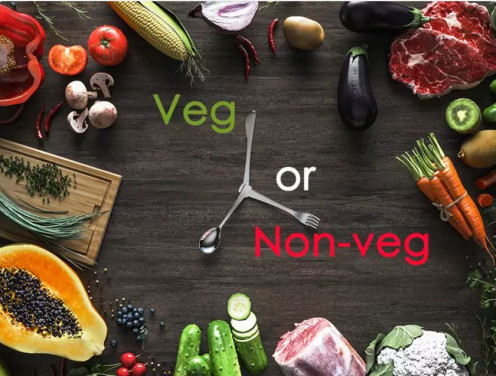
So as you could gather from the above data, a non-vegetarian diet is not really sustainable for the planet, especially the "excessively" non-vegetarian ones.
The solution? It is impossible to imagine that all non-vegetarian diet consumers would simply stop eating meat after looking at these concerning facts. A feasible and practical solution to this would be to reduce the amounts of livestock that is produced and consumed. Reducing is the best option for our planet, as well as for our health. Diets need to include meats and animal proteins because they are ultimately good sources of nutrition, but reducing their amounts can help in reducing risks of obesity and related health problems and at the same time help decrease the load on the environment.
This is something to put a thought to.

4] And lastly, The Flexitarian Diet.
The EAT-Lancet Commission drew on all available nutritional and environmental evidence to construct the first global benchmark diet capable of sustaining health and protecting the planet. For those of you who don't know, the EAT-Lancet Commission is a group of 37 world-leading scientists from 16 countries from various scientific disciplines with a common goal to reach a scientific consensus by defining targets for healthy diets and sustainable food production.
After much study and research, they proposed the ultimate sustainable diet that not only supports all your nutritional needs but also the needs of the planet.
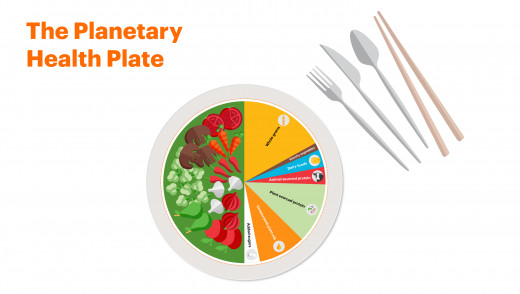
According to this commission, this is what a sustainable diet should look like, Predominantly plant-based with the occasional inclusion of eggs, dairy, and meat.
You don't need to be a nutrition expert to follow this diet. On a regular basis, it is not feasible to have a plate similar to this on your dinner table, but this pie chart shows an average composition of your diet in a month.
Currently, in many countries, the pie chart that would relate to most people's diets is very different from the one given above, in those pie charts the section for meat and dairy is bigger, much bigger, and plant-based sections are much too small.
The EAT-Lancet Commission designed this diet keeping in mind the UN's Sustainable Development Goals.
"Transformation to healthy diets by 2050 will require substantial dietary shifts. Global consumption of fruits, vegetables, nuts, and legumes will have to double, and consumption of foods such as red meat and sugar will have to be reduced by more than 50%. A diet rich in plant-based foods and with fewer animal source foods confers both improved health and environmental benefits"
It goes without saying that following this diet will significantly reduce the meat and animal-based food consumption which will, in turn, reduce their adverse effects on the environment.
Take a moment and think to yourself, which of the above-mentioned diets do you follow? And if your diet falls into one of the less sustainable categories, would you be willing to make some changes in your eating habits, if not for the sake of your planet, for the sake of your health?
That's something to ponder over, do share your comments on The Diet Debate!
This content is accurate and true to the best of the author’s knowledge and is not meant to substitute for formal and individualized advice from a qualified professional.
© 2020 Ishleen Kaur Virdi




